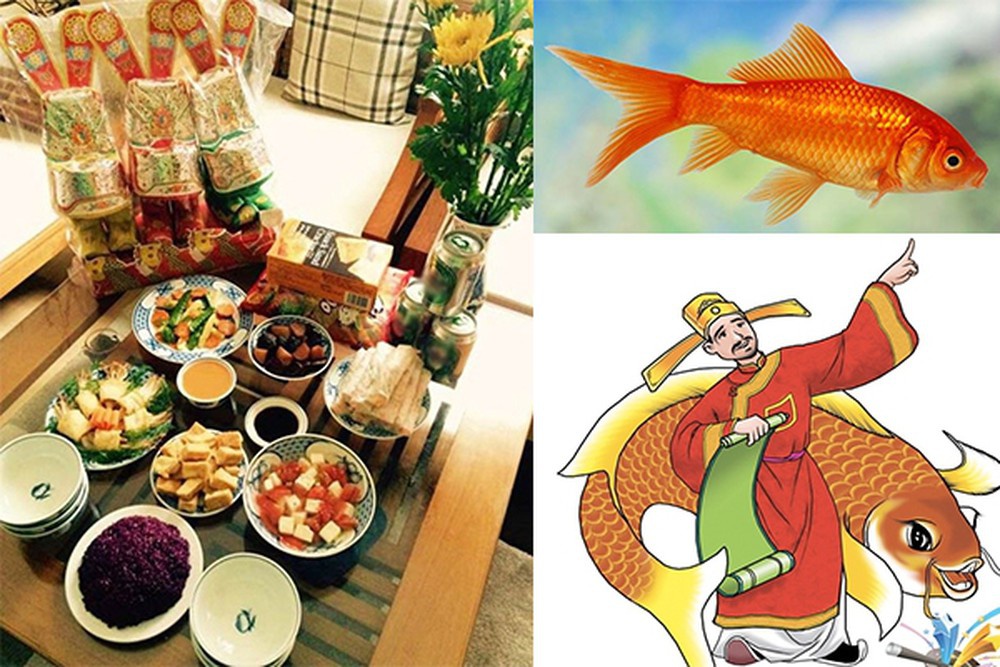Thanks for your request A2A !
Actually, I was born and raised by a traditionally-modern family in a multiracial environment so learning about different cultures and languages was extremely common and still is today. So I got really interested in the Vietnamese language during the mid-early high school year (10th grade to be accurate).
Another reason was I had Vietnamese friends, that took Japanese classes with me during my high school year. During my Kanji (Sino-Japanese) studies, I went to a local Vietnamese restaurant and notice Chinese Characters which at first confused me since the outdoor sign was written in Latin Characters (with diacritical marks; in your language, “Chữ Quốc ngữ”). The same goes for Vietnamese (water) store, laundry, and hair/ beauty salon. At first, I thought that Vietnamese were like the Japanese (“active” on Chinese Characters), it turns out they aren’t.
So, I did my research about it and came across Hán-Nôm script. This allowed me to appreciate and “awaken” my interests in Chinese Characters from different nations, despite that there ARE certain countries (Japan, Korea, Vietnam, and Taiwan) that “evolved” their writing system in their own native writing system, which we see today.
I DID wanted to take Vietnamese class during high school years but my high school did NOT have Vietnamese class. So in college, I took Vietnamese class along with Japanese and Korean classes at the same school term. Turns out, they all have their similarities in language and culture context.
My Vietnamese teacher (or in your language “thầy [tiếng việt]”). Yes, my Vietnamese teacher is a “HE” so interesting enough, he taught me both North and South Vietnamese since he enthusiastically says “Why not learn both?”. I really didn’t mind. Also, most of my classmates were Vietnamese particularly from the South so learning the Northern dialect proves to be a challenge to them except for some foreigners which they find that Northern dialect is more “easier”.
I would half-agree since my vocabulary was purely based on Sino-Vietnamese ( Từ Hán-Việt ) rather than Native Vietnamese ( Từ thuần Việt ) which some of the verbs tense were difficult since they were mostly Native Vietnamese. The most noticeable words I knew were “ học ” (學) and “ đọc ”(讀) which meant “to study” and “to read”. Because Sino-Japanese and Sino-Korean say this similar, Japanese is “学” / gaku / and Korean is “학” / hak / for “learning” or “study” and Japanese is “読” / doku / and Korean is “독” / dok / for “read”.
So if I say “I study Psychology.” in Vietnamese. I can simply say
“ Tôi học tâm lý học .” easily because…
“ Tôi ” is a pronoun for “me”, “my”, and “I”
“học ” means “study”
“ tâm lý ” (心理) + “ học ”(學) meaning “mental” + “study of” so “study of mental” is “psychology”. Japanese and Korean has this exact meaning with similar pronunciation as well.
Japanese: 心理学 (しんりがく) / shin ri gaku /
Korean: 심리학 (心理學) / shim ri hak /
For my knowledge about Vietnamese cultures, I did participate in wearing áo dài and nón lá. Plus I tried Vietnamese food (other than “ Phở” ), I tried “ Bún bò Huế ”, “ Bánh xèo ”, “ Bánh chưng ” (for Northern Vietnamese)/ “ Bánh tét ” or ” Bánh tày ” (Southern Vietnamese), “ Chè ” with Calpico, “ Sầu riêng ”, “ Cơm cháy ”, “ Bún thịt nướng ” with “ Kalbi ”, and “Bánh tráng nướng” . All of them were delicious.
Also, I learned about the story of “ Ông Táo” which literally means “Kitchen God” during Vietnamese Tết (Chinese Lunar New Year).

What really got me interested in Vietnamese was the similarities between Japanese and Korean, how they are connected through Chinese. If anyone were to view Sino-Japanese, Sino-Korean, and Sino-Vietnamese, they are NOT so very different once being exposed to it, you start to understand the concept and patterns. Also, I learned from a certain VietnamAnswern , about Sinosphere and Sino-Xenic cultures and languages.
I hope this answers your question. :D

